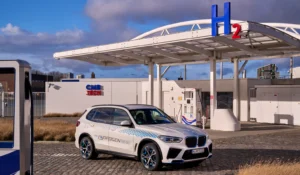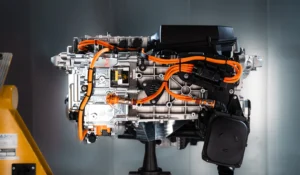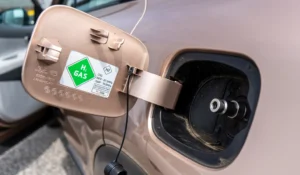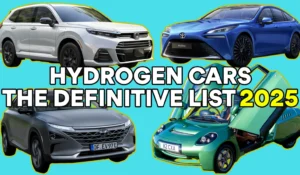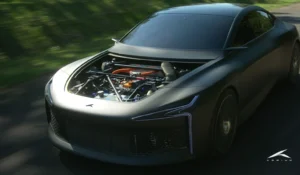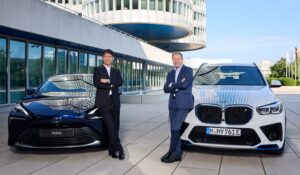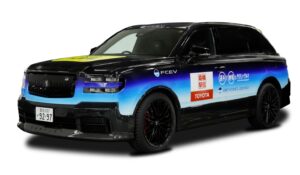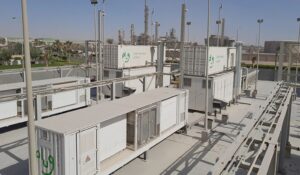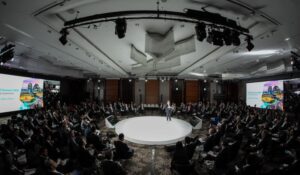Viritech explores hydrogen range extender for electric mopeds
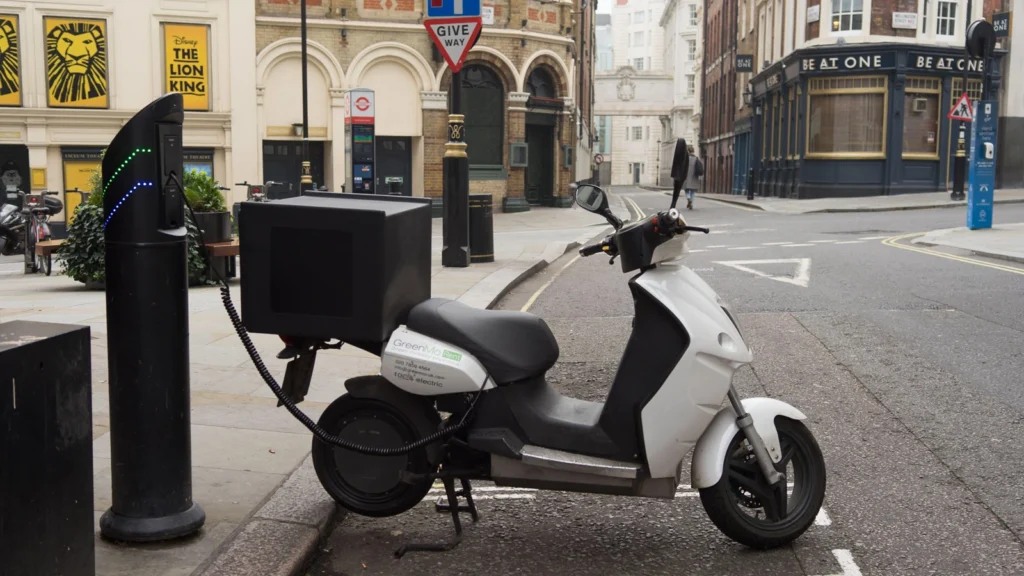
British hydrogen mobility firm Viritech is exploring the potential for a hydrogen fuel cell range extender (REX) to boost the capabilities of small battery-electric delivery vehicles, particularly mopeds and other light urban transport.
The project, which is backed by funding from the Department for Business and Trade (DBT) via the Advanced Propulsion Centre (APC) and Niche Vehicle Network, will assess whether compact sub-5kW fuel cells can effectively extend range without adding excessive weight or compromising payload capacity.
Addressing the limits of battery-only last-mile delivery
Battery-electric delivery vehicles – particularly lightweight mopeds and small urban cargo scooters – can be limited by range constraints, made worse by extreme weather, hilly terrain, and the demands of high-mileage duty cycles.
While larger batteries can provide more range, they also come with penalties in weight, cost, and operational efficiency.
Viritech’s idea is simple: rather than increasing battery size, a small hydrogen fuel cell could act as a range extender, recharging the battery on the go and allowing longer operational hours without lengthy downtime for charging.
The company sees this as an untapped opportunity in the light-vehicle segment, where fuel cell technology has so far been limited to larger commercial trucks and buses.
Hydrogen’s role in light vehicle mobility
While fuel cell range extenders have seen use in heavy-duty transport, their application in light vehicles – especially in urban and off-highway settings – is relatively unexplored.
Viritech believes there’s a niche market here, with hydrogen’s high energy density offering a way to overcome the limitations of battery-only delivery vehicles without the trade-offs of additional bulk.
The study will explore the technical and commercial feasibility of such a system, with the broader aim of creating a viable zero-emission solution for last-mile logistics.
If successful, it could offer a new pathway for hydrogen adoption in urban mobility, complementing battery-electric powertrains rather than competing with them.
Timothy Lyons, Founder & CEO of Viritech, said: “The support of The Department for Business and Trade, The Advanced Propulsion Centre and The Niche Vehicle Network is vital to British technology companies such as Viritech, enabling us to redefine the art of the possible in solving the challenges of zero-emissions mobility.”

